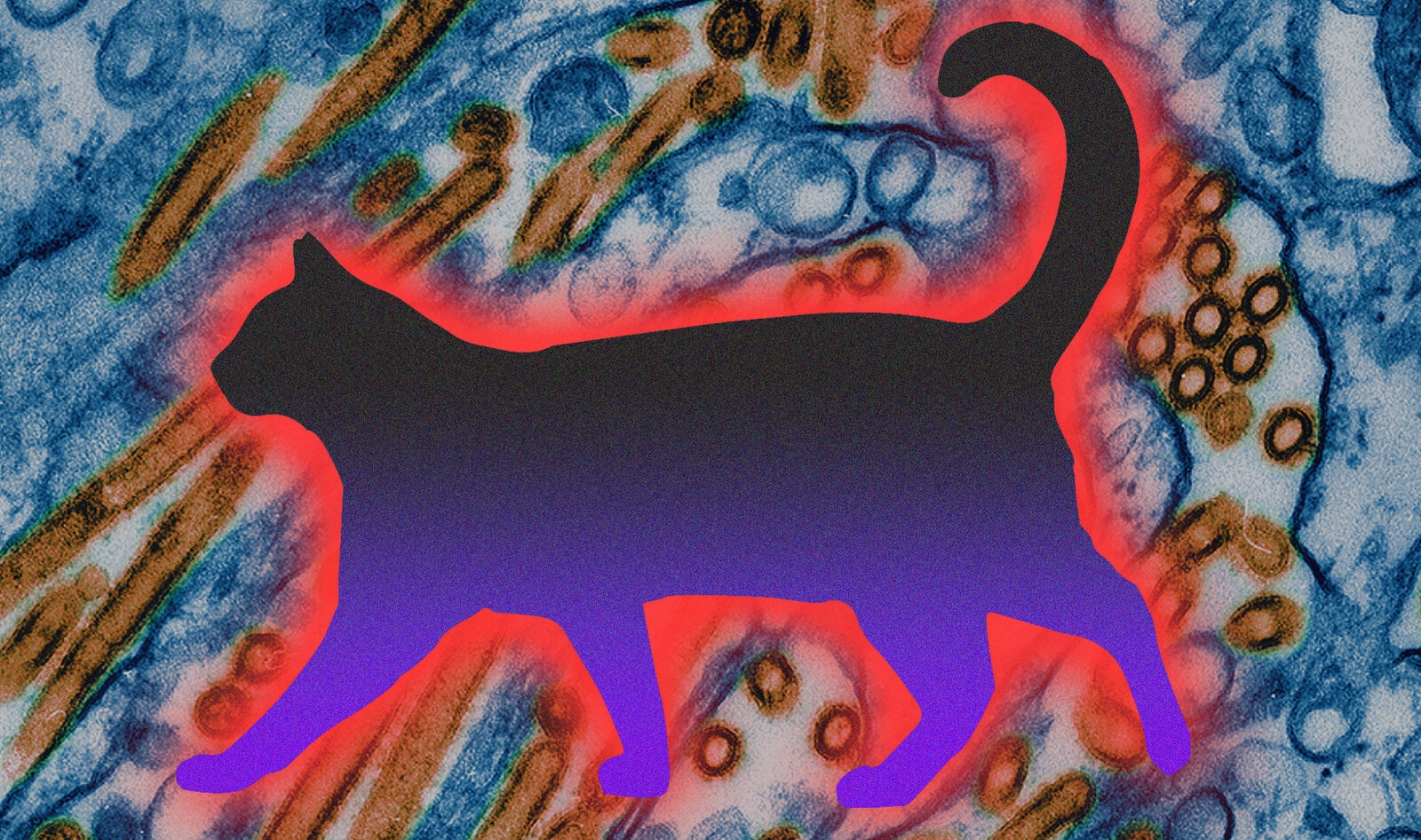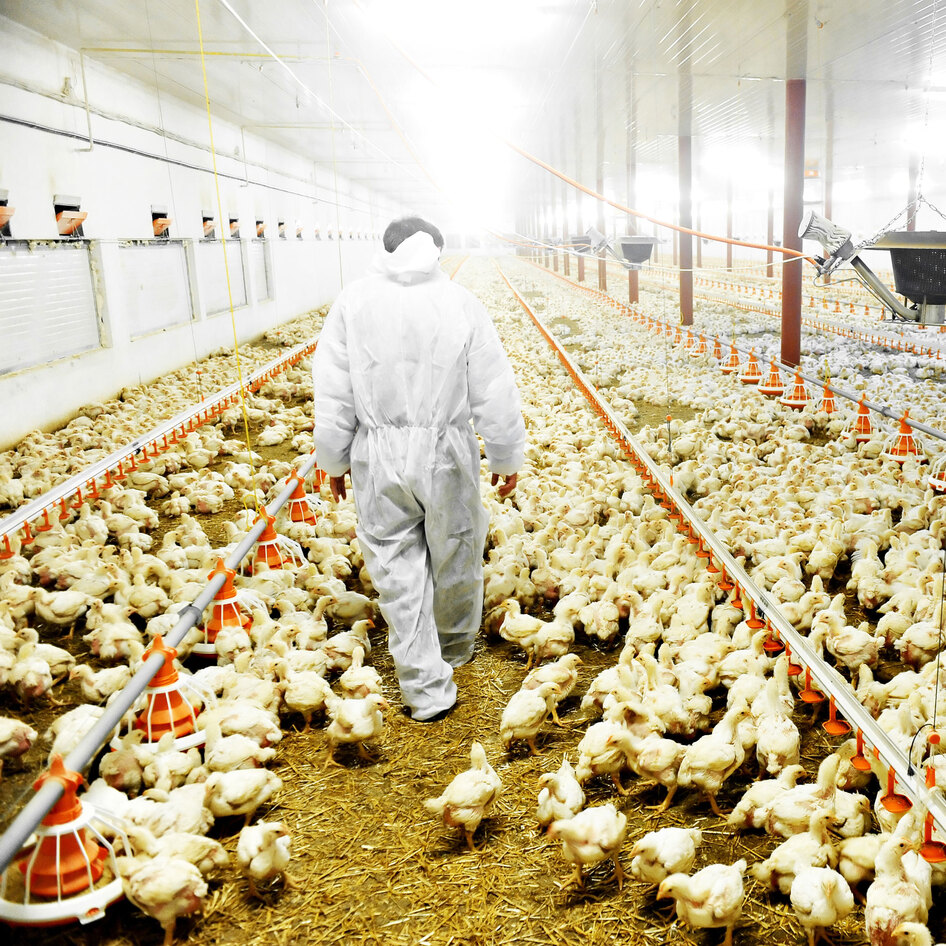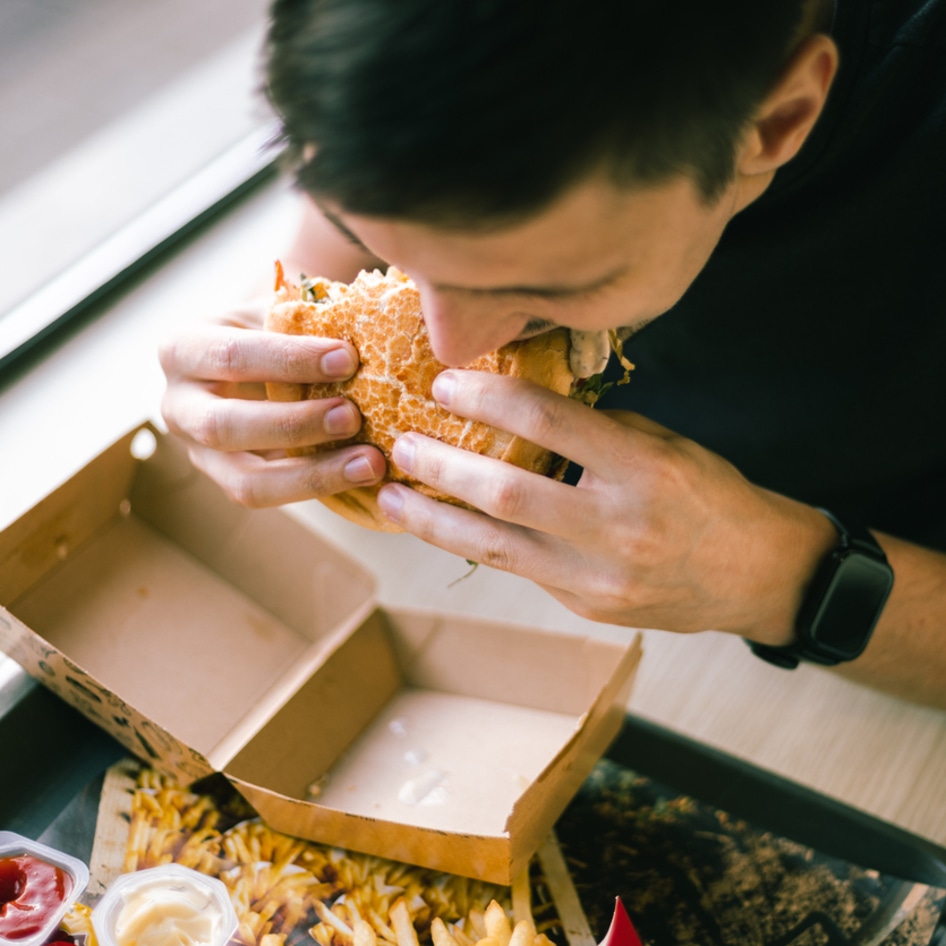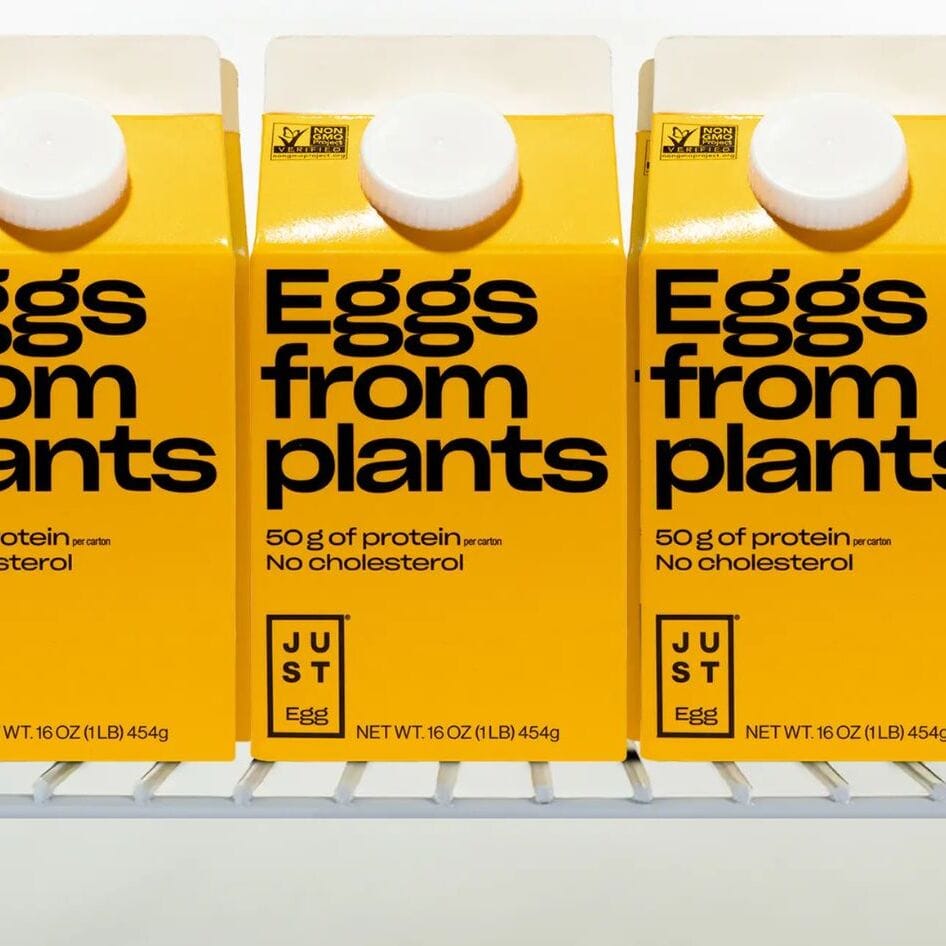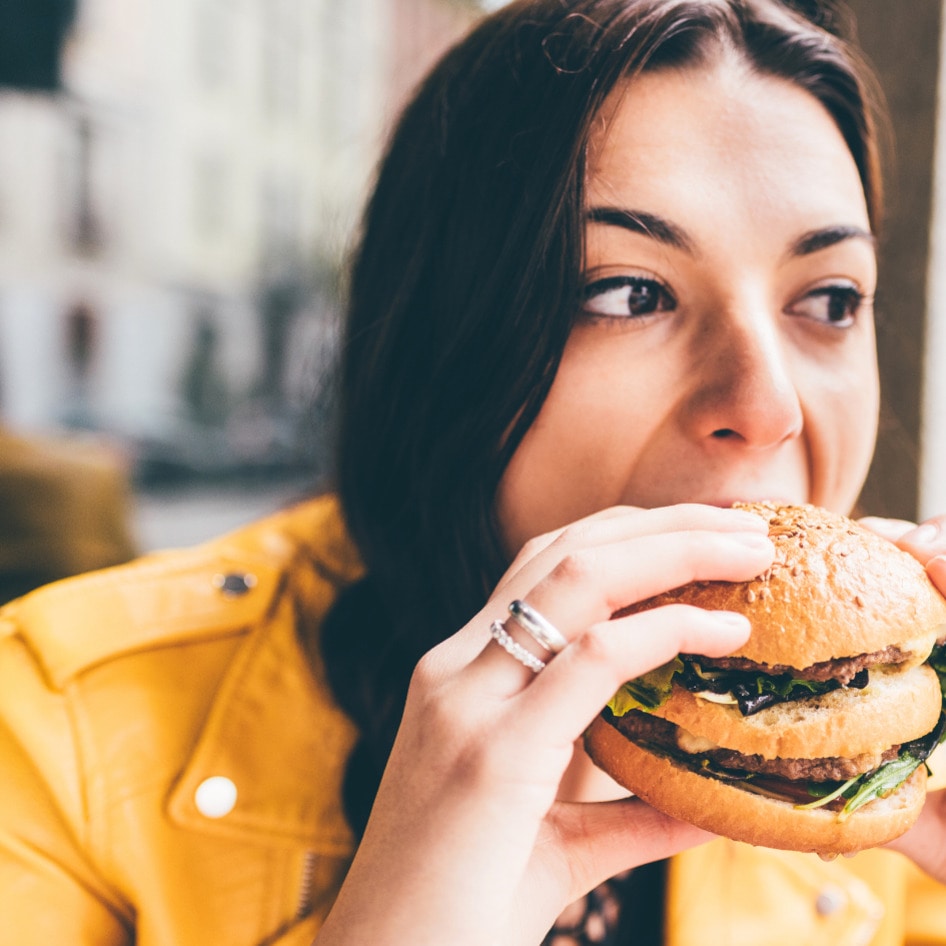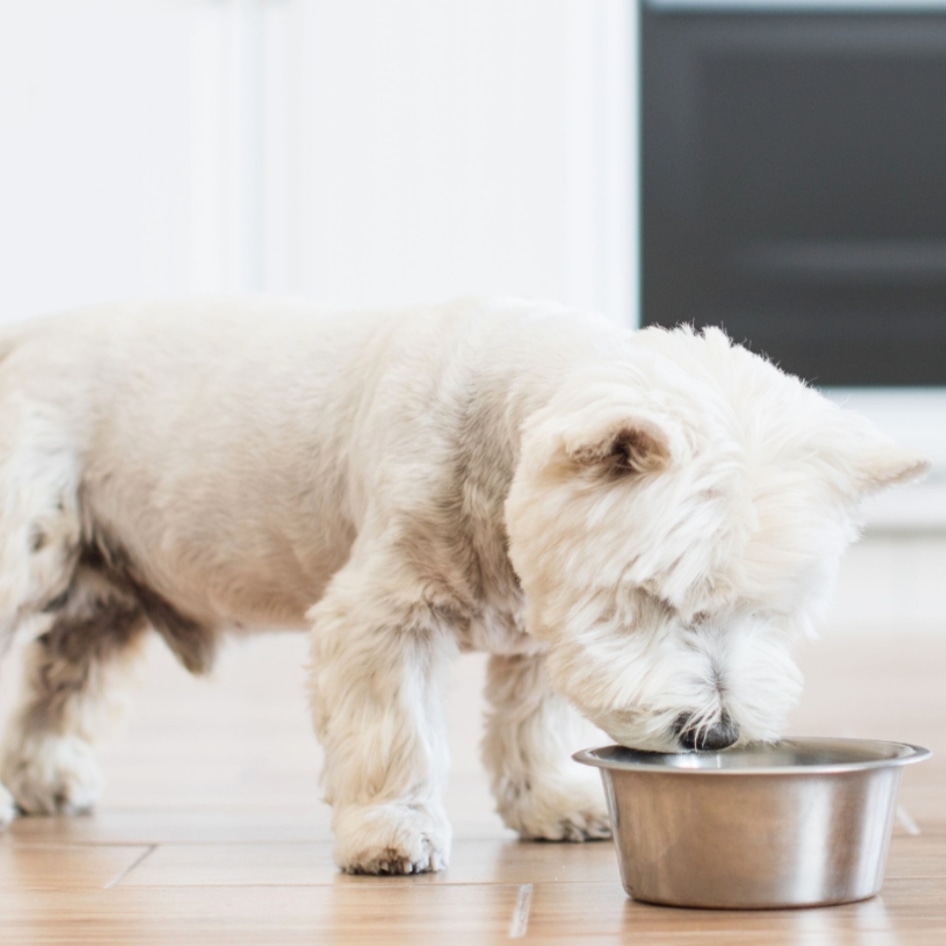Avian influenza, particularly the highly pathogenic H5N1 strain, has been wreaking havoc across the United States. According to the Centers for Disease Control and Prevention (CDC), the virus has infected more than 125 million poultry, with outbreaks reported in all 50 states. This year alone, human infections have climbed to 61 cases across eight states, primarily among individuals with direct exposure to infected animals. Notably, California has become a hot spot, with a significant portion of infections occurring across the state.
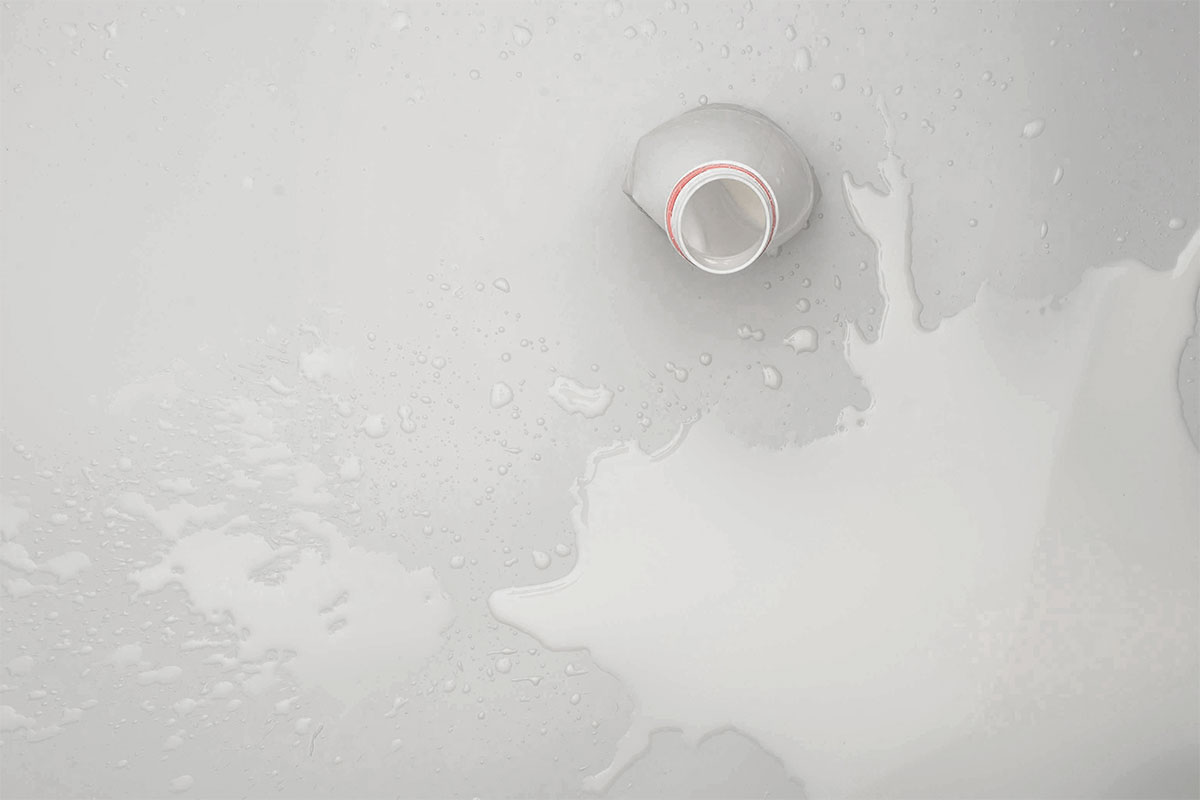 Marina M
Marina M
The outbreak’s impact extends beyond birds, as dairy herds have also tested positive for H5N1, prompting the USDA to implement its National Milk Testing Strategy. Raw milk samples nationwide will now be collected and tested for avian influenza, with the aim of isolating affected herds and preventing further transmission. This strategy marks a shift in focus, targeting dairy farms, bulk milk transporters, and processing facilities. The first round of testing began earlier this month following the detection of the virus in retail raw milk products produced by Raw Farm of Fresno, CA. State officials swiftly quarantined the farm, suspending the distribution of raw milk, cream, kefir, butter, and cheese products produced between Nov. 9 and Nov. 27.
In a statement, Agriculture Secretary Tom Vilsack noted that since the first HPAI detection in livestock, the agency has collaborated with federal, state, and industry partners to identify affected herds and respond accordingly. Vilsack says the new milk testing will provide “a roadmap for states to protect the health of their dairy herds.”
The rapid spread of H5N1 to mammals, including domestic pets, has raised concerns about its ability to mutate further. Veterinary public health officials in Los Angeles County are now grappling with the first confirmed cases of H5N1 in cats, underscoring the virus’s potential to cross species barriers.
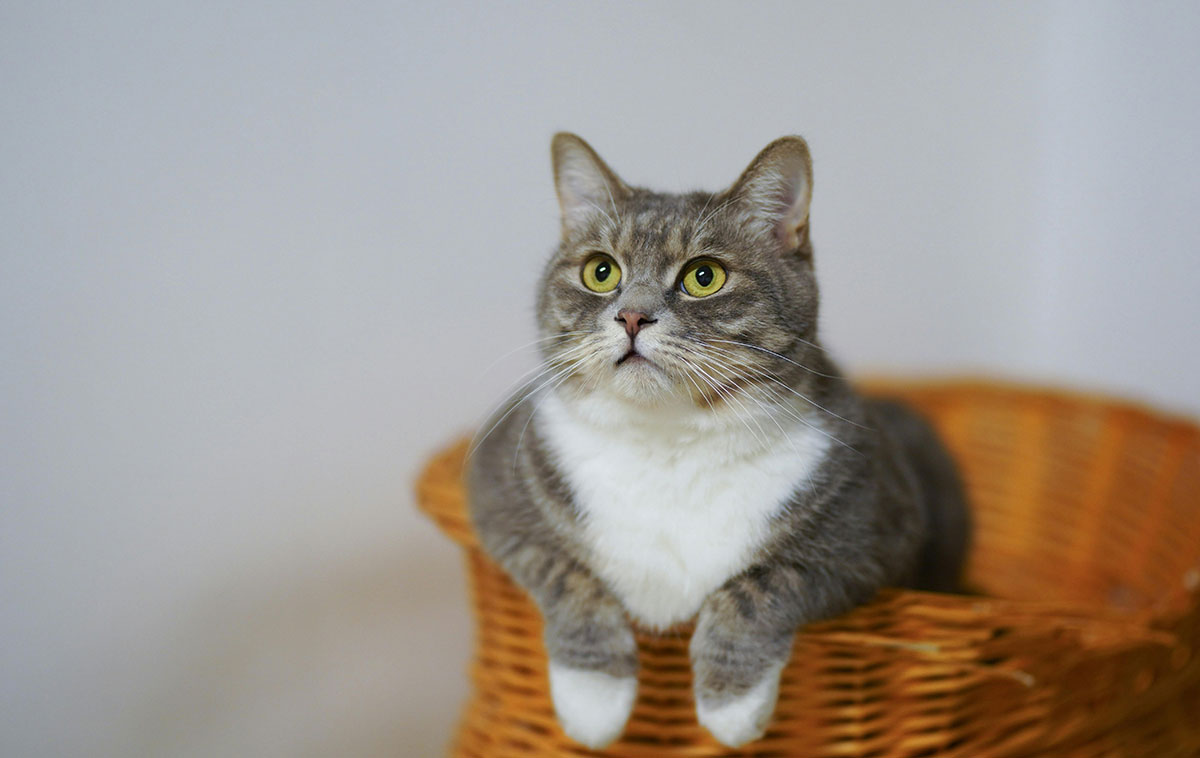 Cats Coming
Cats Coming
Risk to cats in Los Angeles
Five indoor-only cats in one Los Angeles household died after consuming raw milk contaminated with H5N1. Four of these cats were confirmed to have the virus through laboratory testing, marking the first documented cases of H5N1 infection in cats in the region. Veterinary public health experts traced the virus to Raw Farm’s recalled milk products, which had been consumed by the affected cats. The cats exhibited symptoms ranging from fever and lethargy to severe neurological signs such as seizures.
Dr. Xavier Becerra, Secretary of the US Department of Health and Human Services, emphasized the importance of these efforts, stating, “This testing strategy is a critical part of our ongoing efforts to protect the health and safety of individuals and communities nationwide.”
Compounding concerns, another Los Angeles household reported multiple cases of illness in indoor-only cats fed raw pet food containing poultry and beef. Two of these cats presented with acute respiratory distress and had to be euthanized. Preliminary testing confirmed H5N1 infection in at least one of the cats, and further investigations are ongoing. These cases highlight the risks associated with feeding pets raw animal products, particularly during an active outbreak.
Veterinary public health officials urge pet guardians to avoid raw diets for their animals and to remain vigilant for signs of illness.
Symptoms in cats may include lethargy, respiratory distress, and neurological issues such as ataxia or seizures. Experts recommend seeking immediate veterinary care if these symptoms appear.
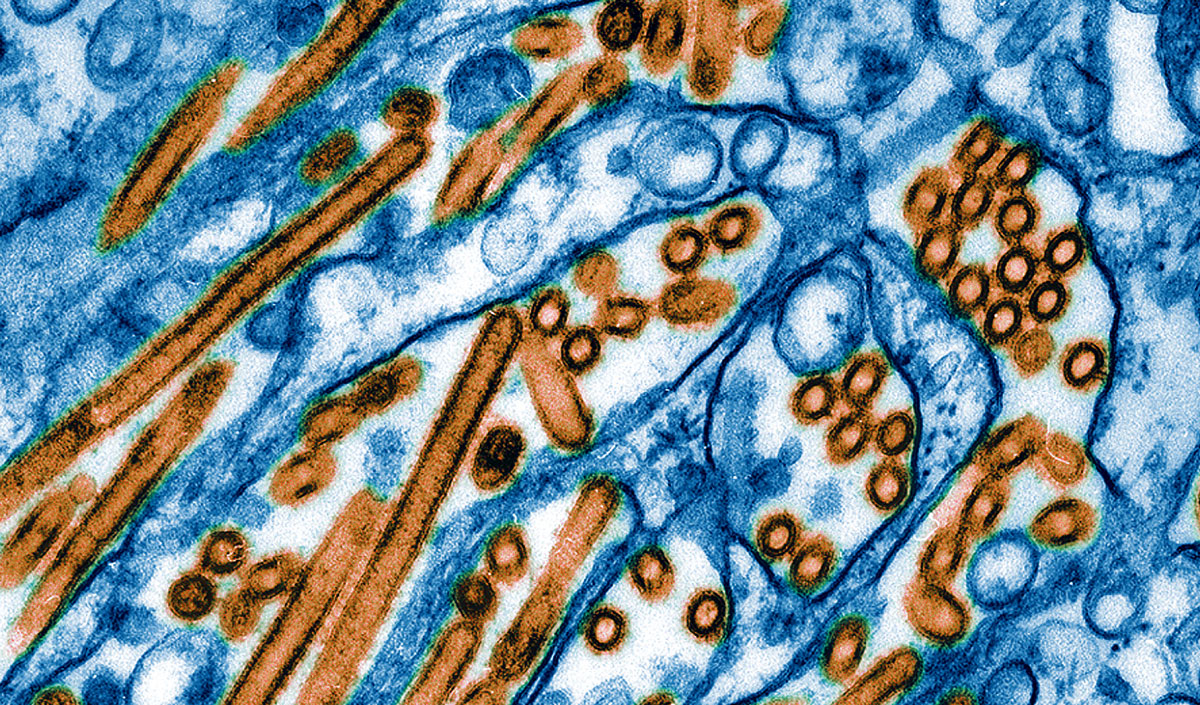 CDC/Courtesy of Cynthia Goldsmith
CDC/Courtesy of Cynthia Goldsmith
The H5N1 virus
The H5N1 strain of avian influenza first emerged in Hong Kong in 1997, infecting 18 people and causing six fatalities. Since then, it has remained a persistent global threat, with periodic outbreaks in bird populations worldwide. In recent years, the virus has demonstrated an alarming ability to infect mammals, raising concerns about its potential to become more transmissible among humans.
The current outbreak, which began in late 2021, has reached unprecedented levels. In addition to poultry and wild birds, the virus has been detected in various mammal species, including dairy cattle, foxes, and even marine mammals. The spread to domestic pets represents a troubling development, as it underscores the virus’ adaptability and potential for further evolution.
Given the risks posed by H5N1, public health officials strongly advise consumers to take precautions to protect themselves and their pets. Raw animal products, including unpasteurized milk and raw pet food, are significant risk factors for exposure to the virus. The CDC recommends avoiding these products entirely, as freezing does not eliminate the virus or most bacteria.
Pet guardians are encouraged to monitor their animals closely for signs of illness and to consult a veterinarian if symptoms arise. Veterinary public health officials in Los Angeles County have issued detailed guidelines for handling suspected cases of H5N1 in pets, including isolation protocols and the use of personal protective equipment when dealing with infected animals.
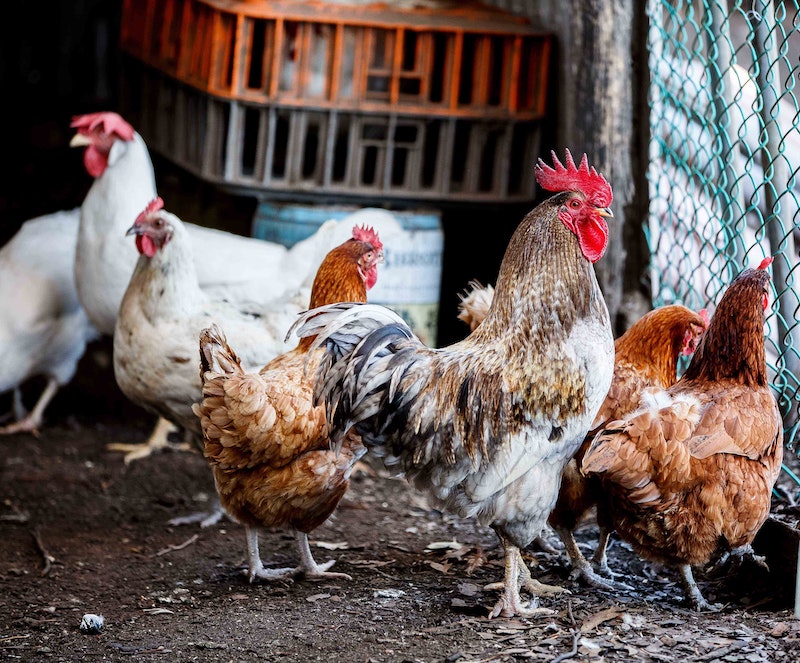
Broader implications
The economic impact of the outbreak has been profound, particularly for the poultry and dairy industries. Millions of birds have been culled to prevent the virus’s spread, leading to supply shortages and skyrocketing prices for eggs and poultry products. In December, wholesale egg prices reached record highs, exacerbating challenges for consumers during the holiday season.
The USDA’s expanded testing initiatives aim to mitigate these impacts by identifying and isolating affected herds more effectively. However, the outbreak’s scale and complexity underscore the need for continued vigilance and collaboration among public health, veterinary, and agricultural agencies.
For more plant-based stories like this, read:
JUMP TO ... Latest News | Recipes | Guides | Health | Subscribe

